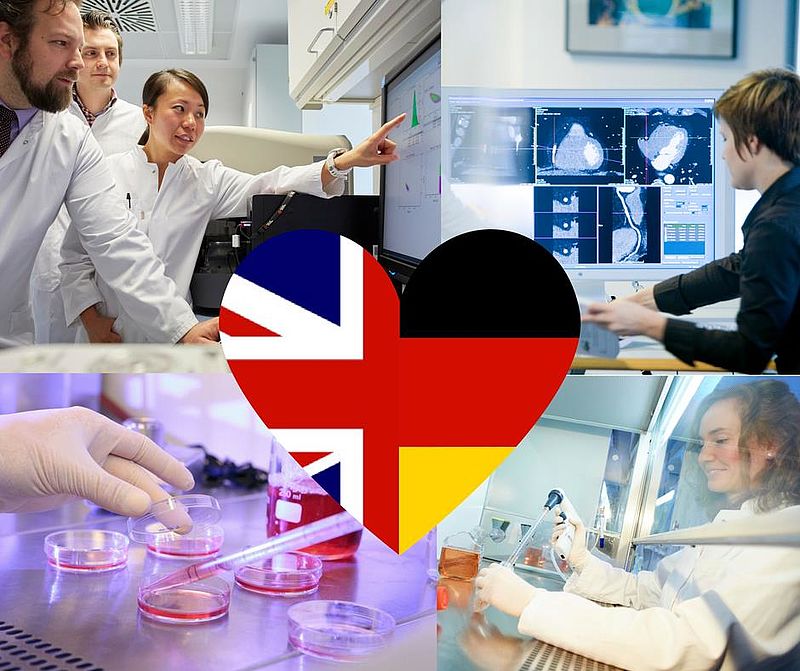The programme funds three transnational projects with a total of five million euros. They intend to address important issues in the diagnosis and treatment of cardiovascular diseases and pool resources from the three countries. The programme is a follow-up of cooperation between the BHF and the DZHK, which in 2019 supported bilateral projects for the first time.
Detect plaques in the heart
Transthyretin-Amyloid-Cardiomyopathy (ATTR-CM) is a relatively rare and difficult to diagnose disease in which misfolded proteins are deposited in the heart. That leads to severe, primarily diastolic, heart failure. An effective but expensive therapy for the disease has been approved in Europe recently. So far, it is difficult for the treating physicians to monitor the course of the disease or the response to the therapy. Therefore, the project team is further developing the 18F-fluoride PET, an imaging method that has so far been used primarily in skeletal diagnostics. The expertise comes from the British project partner; the other two partners contribute Europe's largest ATTR-CM patient collective.
I-CARE - Quantitative-imaging in cardiac transthyretin amyloidosis | Partners: Dweck, Marc (Edinburgh); Slart, Riemer (Groningen); Siepen, Fabian (Heidelberg)
Better understand sudden cardiac death
In approximately every twentieth person affected by sudden cardiac death, the causes are unknown. Researchers suspect that the reason lies in the genes. In this multinational project, the research team will assemble the largest group of survivors of sudden cardiac death that has ever existed and search for genetic abnormalities in them and their relatives. The discoveries are then studied in genetically modified human cells and mice to identify the underlying mechanisms and targets for new drugs. The researchers hope to find new ways to prevent the sudden death of patients and their relatives.
GenUCA - The Genomic basis of Unexplained Cardiac Arrest | Partners: Behr, Elijah R. (London), Borggrefe, Martin (Mannheim), Bezzina, Connie R. (Amsterdam)
Determine genetic causes of atrial fibrillation
Younger people may experience atrial fibrillation due to a genetic cause. The German-Dutch research team has identified atrial fibrillation families that carry mutations in genes responsible for proteins of the cytoskeleton, the building blocks of heart cells. Recent findings suggest that these mutations cause DNA damage in the atrial cells and thus drive atrial fibrillation. The project aims to uncover the exact mechanism by which mutations in cytoskeletal proteins cause DNA damage and atrial fibrillation, and to test several drugs to develop new therapies for genetic atrial fibrillation patients.
DnAFiX - DNA damage in cytoskeletal protein mutation-induced atrial fibrillation: a guide to novel treatment and screening targets | Partners: Brundel, Bianca (Amsterdam); Voigt, Niels (Göttingen)


